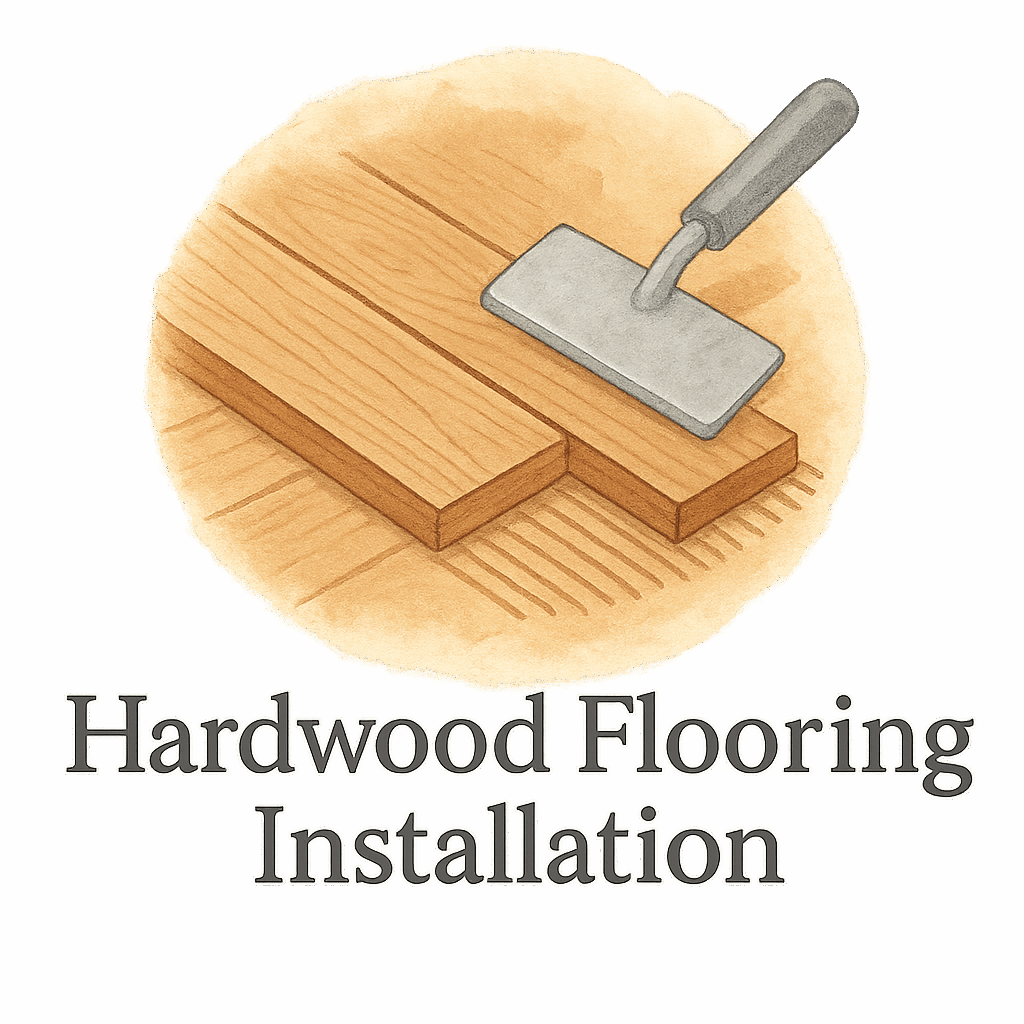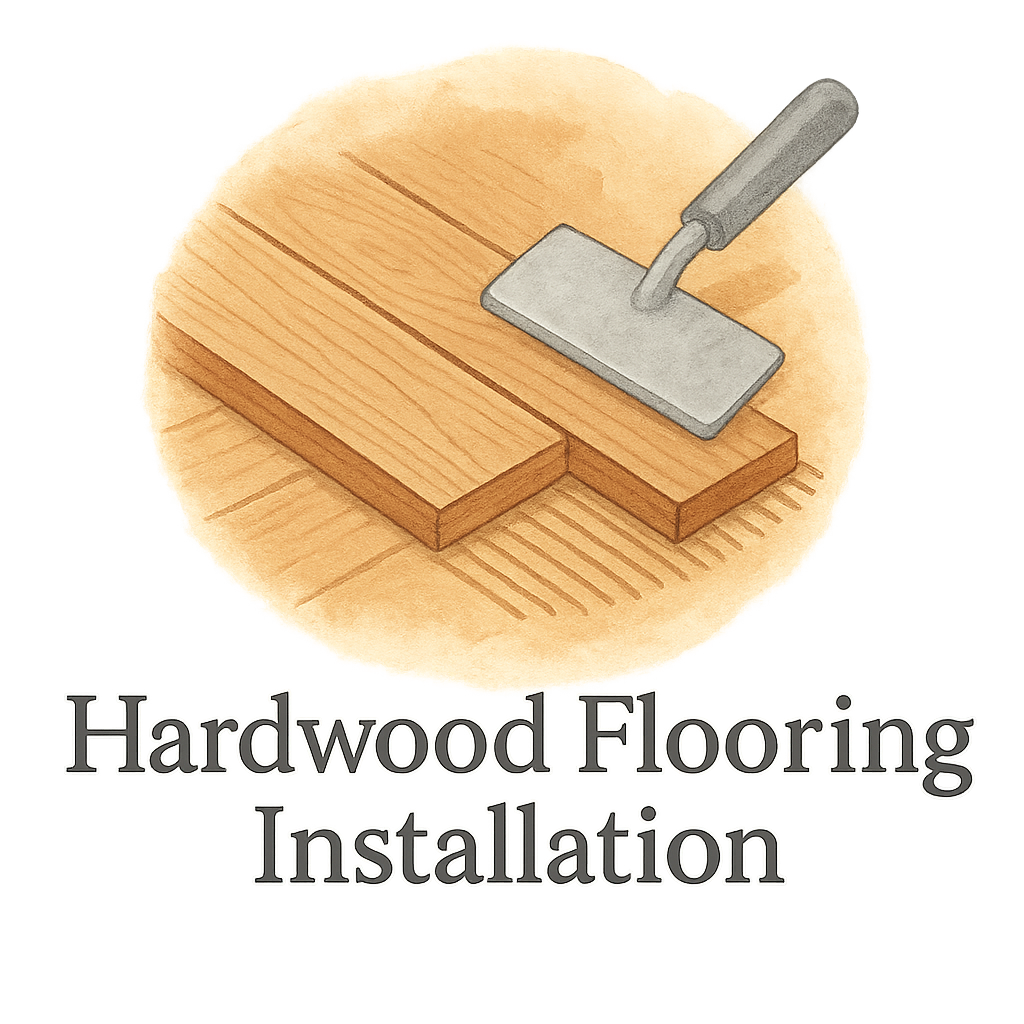You spent good money and effort installing those stunning hardwood floors. But here’s the kicker: even the most durable hardwood can go from fabulous to frustratingly damaged if you’re making any of these common mistakes. Let’s break down the 8 biggest blunders homeowners make after installation—and how to steer clear of them.
Why Hardwood Flooring Needs Extra Care
Hardwood isn’t just another type of flooring—it’s an investment. It adds charm, increases your home value, and gives off that luxurious feel we all love. But here’s the deal: it’s also a bit high-maintenance. Unlike tile or vinyl, hardwood is sensitive to moisture, scratches, and even temperature changes. That’s why post-installation care is just as important as the flooring preparation phase.
Mistake #1: Skipping Regular Cleaning
How Dirt and Grit Act Like Sandpaper
You might not see it, but tiny dust particles, grit, and sand that collect on your floor every day act like microscopic sandpaper. Every time someone walks over them, especially with shoes on, it scratches up the surface.
Best Cleaning Practices for Hardwood Floors
Make it a habit to sweep or vacuum daily using a soft-bristle broom or a hardwood-floor-safe vacuum. Weekly damp mopping with the right solution will keep your floors shining. Check out these expert flooring maintenance and repair tips to stay ahead.
Mistake #2: Using the Wrong Cleaning Products
Common Cleaners That Harm Hardwood
Bleach? Vinegar? Ammonia? Nope, nope, and definitely nope! These harsh chemicals can strip away the finish, dull the shine, and even cause discoloration.
What You Should Use Instead
Opt for pH-neutral cleaners designed for hardwood. Better yet, go with products recommended by your flooring manufacturer or professional installers.
Need help choosing tools and supplies? Don’t miss this essential guide on flooring tools and materials.
Mistake #3: Ignoring Humidity Levels
How Moisture Affects Hardwood
Wood is like a sponge—it expands when it’s humid and contracts when it’s dry. If you don’t maintain a stable indoor humidity level (ideally 35–55%), you’ll end up with warping, cupping, or gapping.
Using Humidifiers and Dehumidifiers Smartly
A basic humidifier in winter and a dehumidifier in summer can work wonders. Hardwood floors thrive when the air stays consistent. If you’re planning a DIY flooring installation, consider this in your prep checklist.

Mistake #4: Dragging Furniture Across the Floor
Scratches That Could’ve Been Avoided
That innocent-looking chair leg can leave a gnarly scratch if dragged without padding. It happens more often than you’d think—especially during cleaning or redecorating.
Easy Fixes: Furniture Pads & Rugs
Use felt pads under furniture legs. Lay down area rugs in high-traffic spots. Need layout inspiration? Our flooring layout section is full of smart ideas.
Mistake #5: Wearing High Heels or Shoes Indoors
Pressure Points and Floor Dents
Hardwood may seem tough, but the heel of a stiletto? That’s like driving a nail into the surface. Heavy boots and outdoor shoes also track in dirt and moisture.
Make It a No-Shoes Policy
Trust us, your floors will thank you. Set up a shoe rack near the entrance and maybe even some cozy slippers. More home hacks are listed in our home improvement tips.
Mistake #6: Letting Spills Sit for Too Long
Why Water and Wood Are Frenemies
Water is one of hardwood’s biggest enemies. Even a small spill left unattended can seep into the seams and cause swelling, staining, or warping.
Quick Action = Long-Term Protection
Keep a soft, absorbent cloth handy. Clean up spills immediately—whether it’s water, wine, or pet messes. For deeper issues, check our section on damage repair techniques.
Mistake #7: Not Reapplying Finish Regularly
The Protective Barrier People Forget About
The finish isn’t just for looks—it’s a protective coat. Over time, it wears down and leaves the wood vulnerable to scratches and stains.
How Often Should You Refinish?
On average, you should refinish every 3–5 years depending on foot traffic. Not sure when to do it? Our flooring cost and time estimation guide helps you plan ahead.
Mistake #8: Skipping Preventive Maintenance
Prevent Now or Pay Later
Think of preventive maintenance like brushing your teeth—it keeps small issues from becoming big (and expensive). Neglect can shorten your floor’s life by years.
Pro Tips for Long-Term Floor Care
Use mats at entrances. Control indoor climate. Avoid dragging heavy objects. And above all, follow our flooring maintenance blog for ongoing tips.
For more detailed planning, we recommend browsing our top-rated flooring guide.
Conclusion: Treat Your Hardwood Flooring Like Royalty
Hardwood flooring isn’t just another surface—it’s the crown jewel of your home. It adds warmth, charm, and value. But like any gem, it needs proper care. Avoid these 8 mistakes and you’ll keep your floor glowing and gorgeous for decades. Be proactive, be mindful, and treat your floors like royalty—they deserve it!
Want to learn more about common flooring blunders? Visit our collection of mistakes to avoid and get pro-level advice anytime.
FAQs
1. Can I steam mop hardwood floors?
Nope! Steam mops force moisture into the wood and can cause warping. Stick with a damp (not wet) microfiber mop instead.
2. How do I know when it’s time to refinish my hardwood floors?
If your floors look dull, scratched, or uneven in sheen, it’s probably time. Test with a water droplet—if it absorbs quickly, the finish is worn.
3. What should I do about deep scratches or gouges?
For deep damage, professional refinishing is best. But for minor scuffs, a blending pencil or wax stick can work wonders.
4. Are pets bad for hardwood floors?
Not if you’re careful. Keep their nails trimmed and clean up accidents immediately. Use rugs in their favorite hangout spots.
5. Can I install hardwood flooring over concrete?
You can, but you’ll need proper flooring underlayment and moisture barriers. Get professional advice or visit our DIY section.
6. What’s the best way to prevent floor damage in high-traffic areas?
Mats, rugs, and routine cleaning are your best friends. Also, rotate furniture occasionally to avoid wear patterns.
7. Where can I get a reliable quote for flooring work?
Use our quotes section to find trusted contractors and accurate cost estimates near you.


